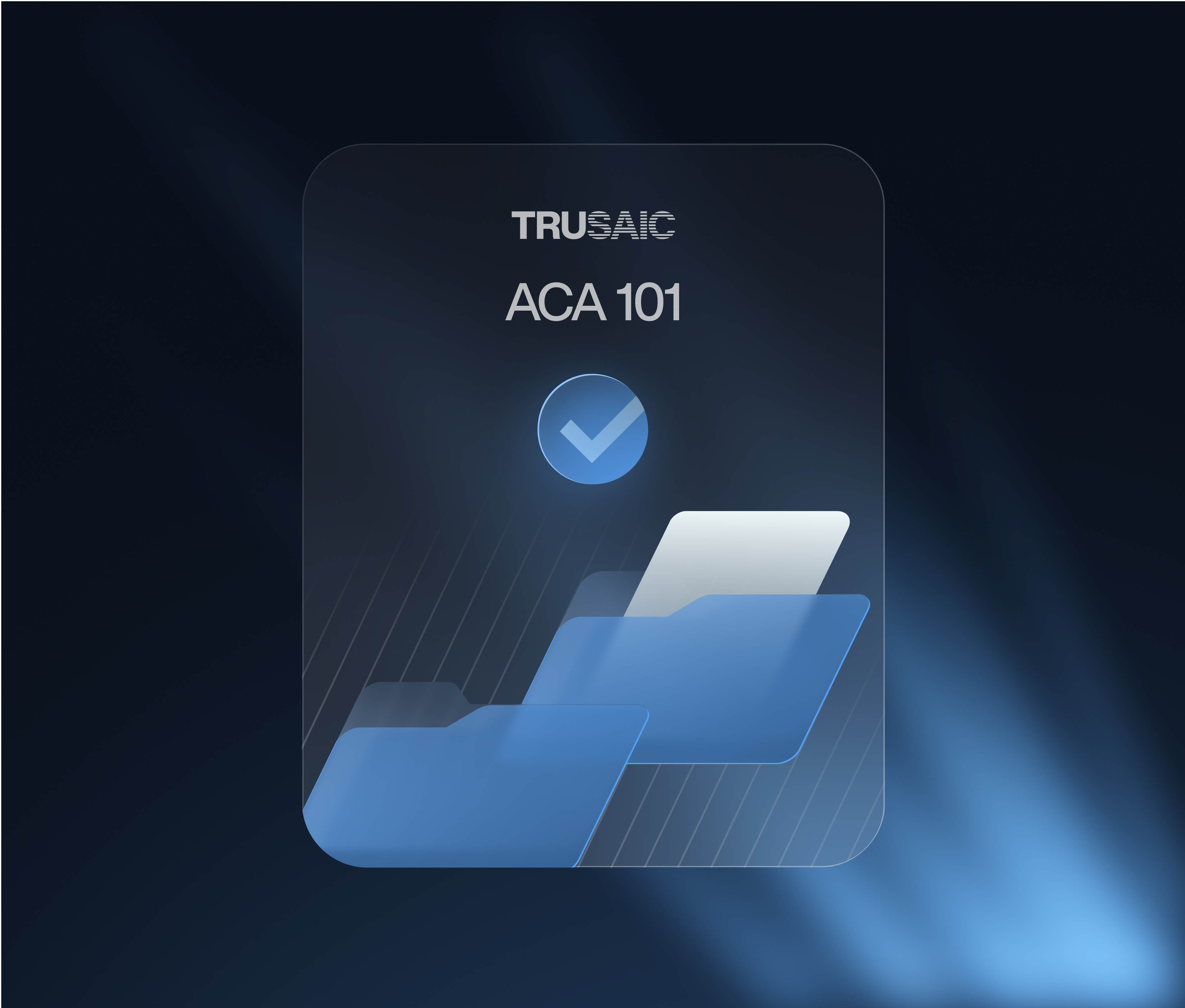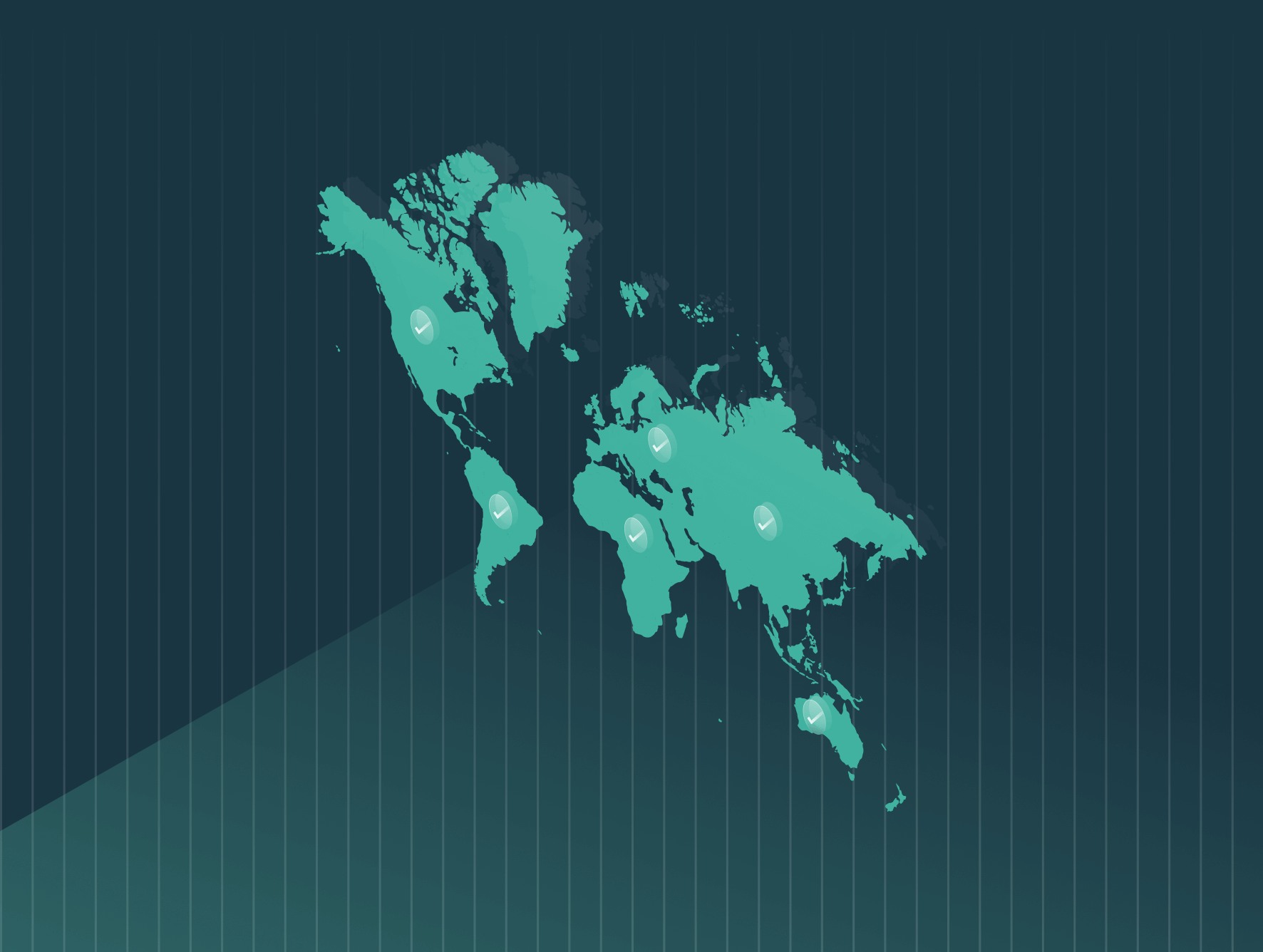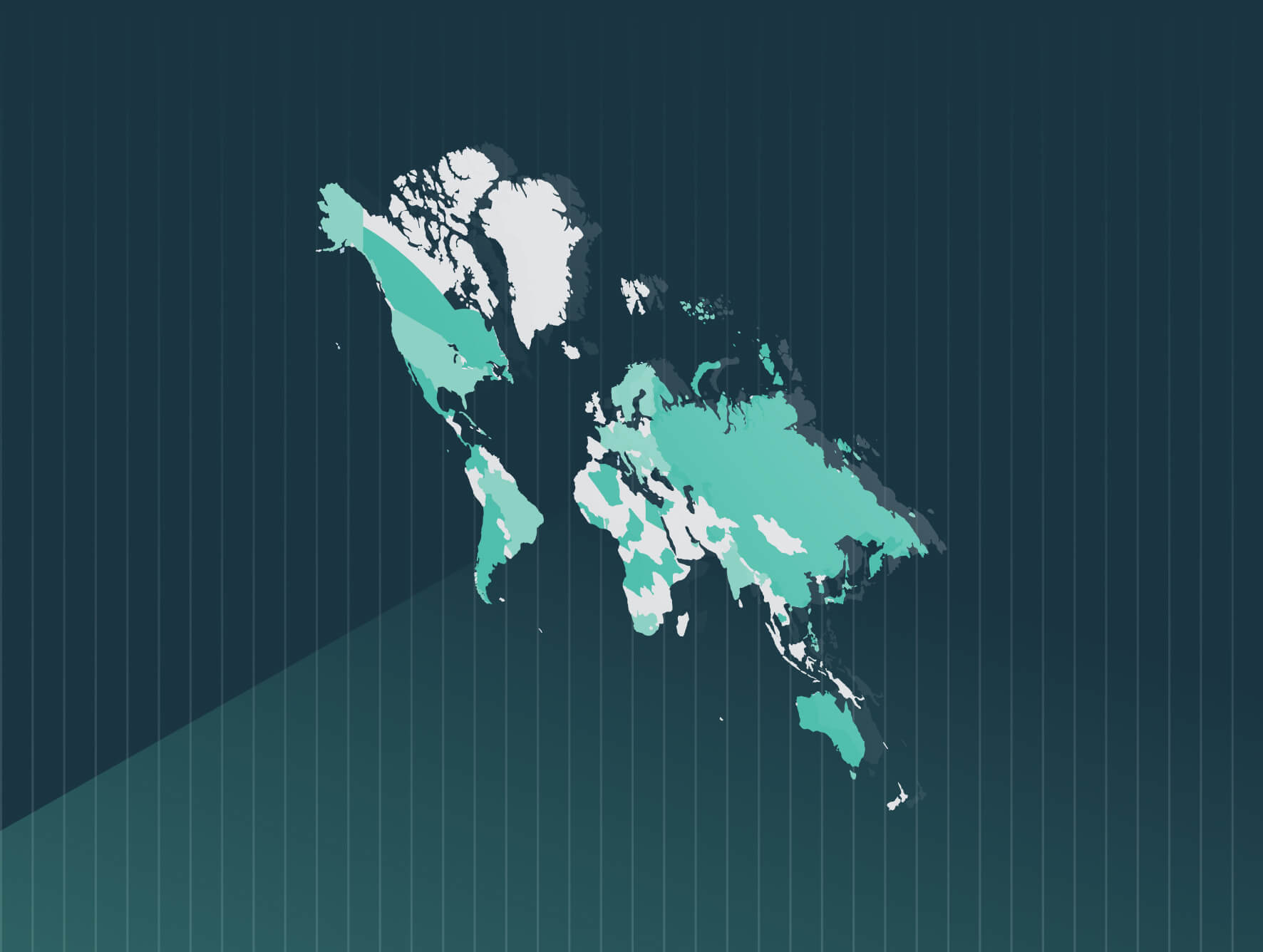Complying with federal, state, and local government regulations can be a considerable administrative burden and expense for employers, and that’s when those employers understand the scope of the regulations fairly well. It gets even trickier when new rules are introduced.
With limited real-life examples to draw from, employers and their legal and regulatory advisors must make their best attempts at compliance. And they need to remain flexible and adaptable as regulatory implementation, court challenges, and other factors influence their understanding of what it means to be in compliance.
This can create frustrating, even frightening, times for employers as they scramble to adapt before compliance is officially required.
That’s precisely the situation in California, as the California Civil Rights Department (CRD) has proposed a potential extension of two months for employers to comply with SB 1162, or the California Pay Transparency Act, the state’s new pay data reporting requirements. The deadline for reporting obligations for workers hired through labor contractors is currently set for May 10, 2023.
SB 1162 Explained
Trusaic’s detailed guide to SB 1162 offers an in-depth guide to the new pay data reporting requirements. Here is a summary of what you need to know.
- Amendment to Previous Requirements – SB 1162 amends an existing California pay data reporting law, SB 973, which already required employers with 100 or more employees to report pay data. The new law clarifies some previous points of uncertainty and expands employer obligations.
- California Pay Data Reporting – Under SB 1162, private employers with 100 or more employees and/or workers supplied by contractors must file separate reports on pay, demographic, and other workforce data for both their employees and workers hired through contractors.
- Labor Contractor Reporting – Labor contractors are responsible for providing all necessary data to their client employers. The expanded reporting requirements and the need to report pay data by location has made the reporting process more complex for many employers.
- Expansion of Labor Code 432.3 – SB 1162 also expands Section 432.3 of the Labor Code by requiring that employers with 15 or more employees include a pay scale for a position.
- Penalties – Civil penalties for pay data compliance failure start at $100 per employee and increase to $200 per employee for repeat offenders. Additionally, non-compliance penalty is up to $10,000 per violation for failing to post pay disclosure requirements.
The greatest new challenge facing employers is the addition of contract labor to the reporting mix. It’s a quickly growing segment of the workforce and California, and other states, have recognized the need to ensure pay equity in this growing sector as well. The move does create confusion, though.
Contractor Confusion
The inclusion of labor contractors is an important (and challenging) element of SB 1162 for employers. Contractors were included under SB 1162 because the state felt a lack of reporting on earnings for these workers has led to pay inequality.
For instance, companies like Google employ just as many contract workers as full-time employees, creating a “shadow workforce” that often receives lower pay and is more susceptible to pay inequity, particularly for women and people of color. The state believes the collected data could be used, in part, to address such pay disparities and ensure that all workers are paid fairly.
Those good intentions aside, the move to include contractors in the pay data compliance scheme has created significant confusion among employers and labor contractors. Not only has the number of workers that data must be reported for significantly increased, the format and structure of the report itself has been overhauled. Many employers at the smaller end of the 100-plus-employee threshold have found it an extremely daunting task to put processes and procedures in place to ensure their pay data compliance.
Applying for the CRD Deadline Extension
Fortunately, the CRD has heard and is responding to the challenges faced by employers who have employees in California. They have extended the reporting requirement for companies to comply with the state’s new requirements for workers hired through labor contractors. Employers can now request an “enforcement deferral” from the CRD. Companies can have their pay data reporting deadline extended to July 10, 2023, if approved.
As of April 18, 2023, the CRD’s pay data reporting portal allows companies to submit a request for an enforcement deferral. Employers must first register in the portal if they have not previously registered.
The CRD will only accept requests submitted through the pay data reporting portal. It will not accept requests made by email or telephone. Additionally, the employer itself must request the extension. Third parties may not submit requests on behalf of the employer.
Enforcement deferral requests are due by May 10, 2023, so time is running out for employers to submit their requests. Importantly, deferrals are not available for pay data reports covering an employer’s payroll employees, known as “Payroll Employee Reports.”
The clock is ticking. Even if employer requests for extensions are approved, they’re left with just a few short weeks to meet the extended deadline of July 10, 2023. Trusaic can help. Reach out to learn how Trusaic can help your business meet the pay data reporting requirements of California’s Pay Transparency Act, or SB 1162.








